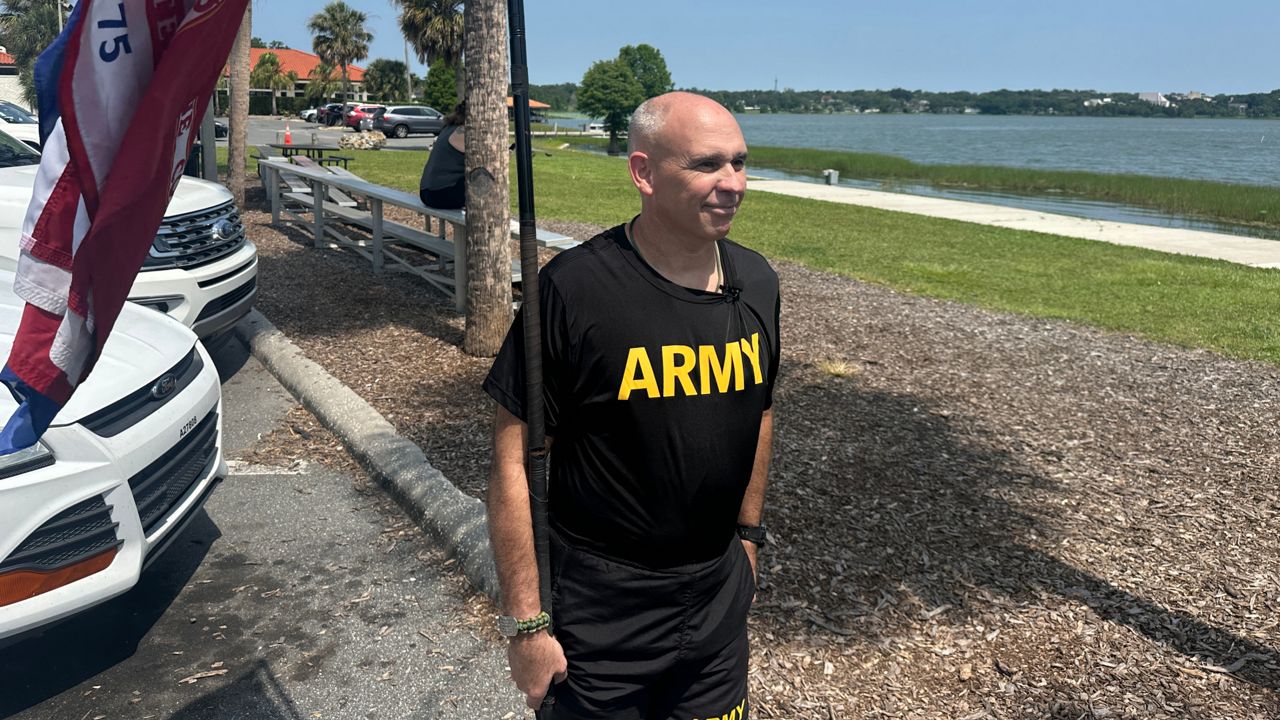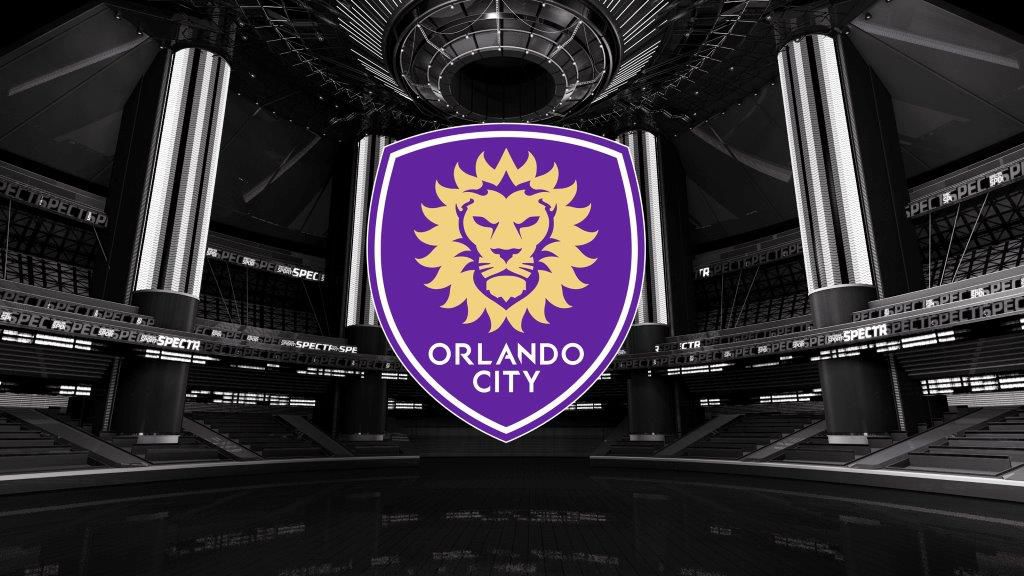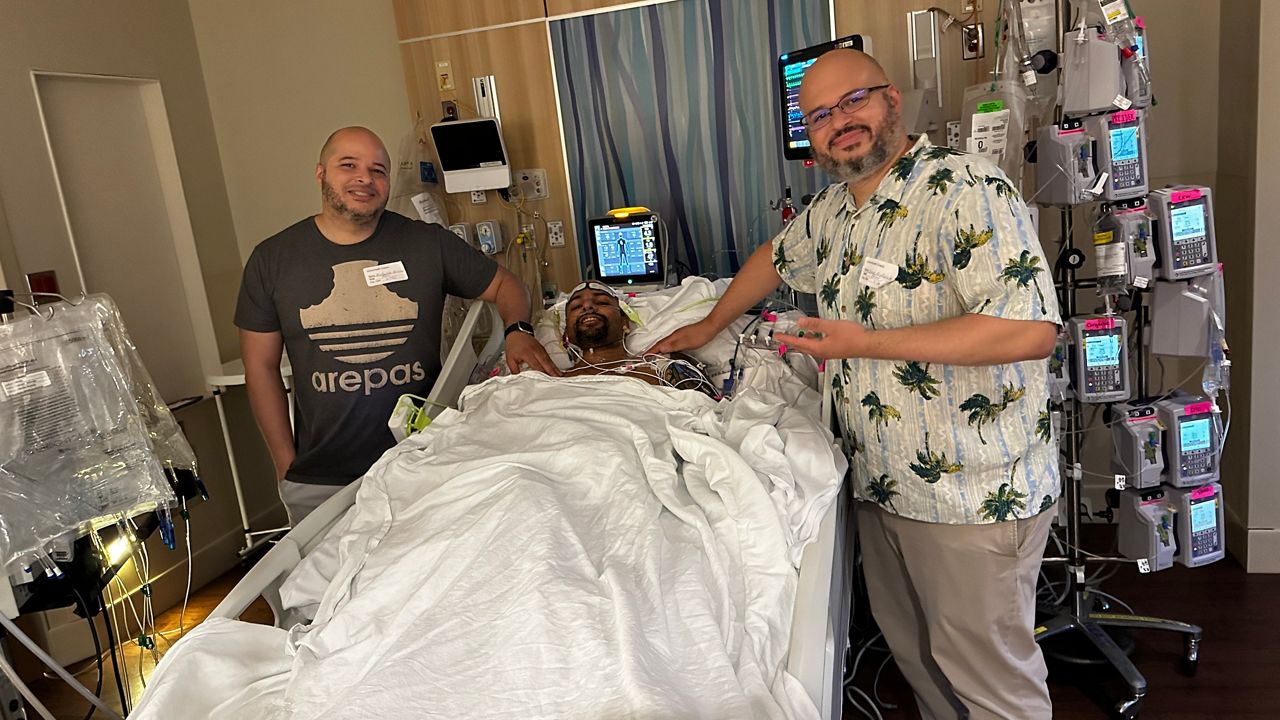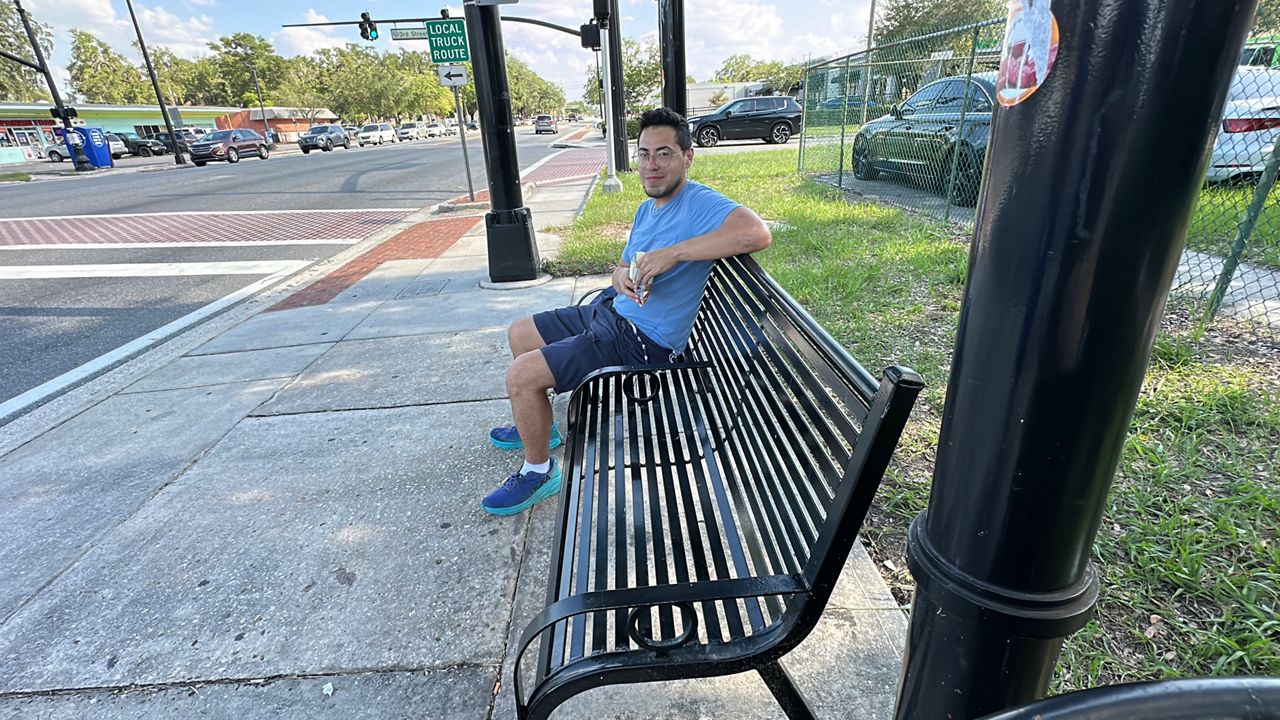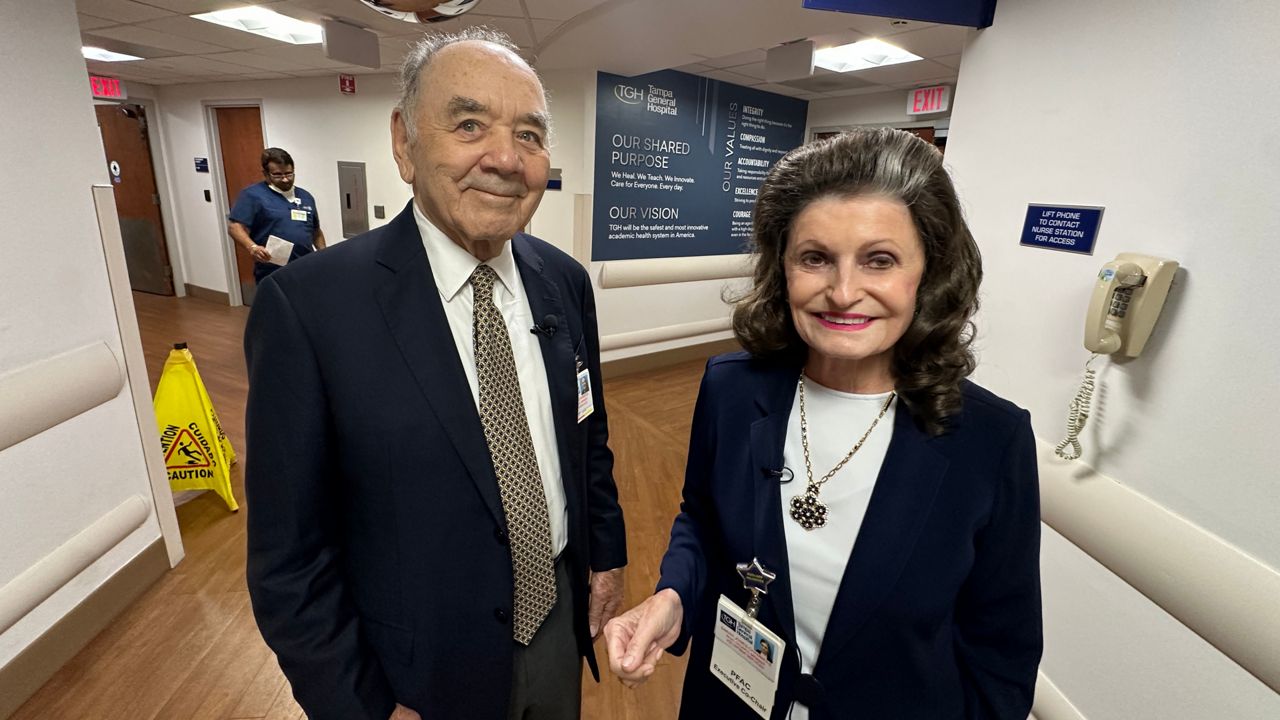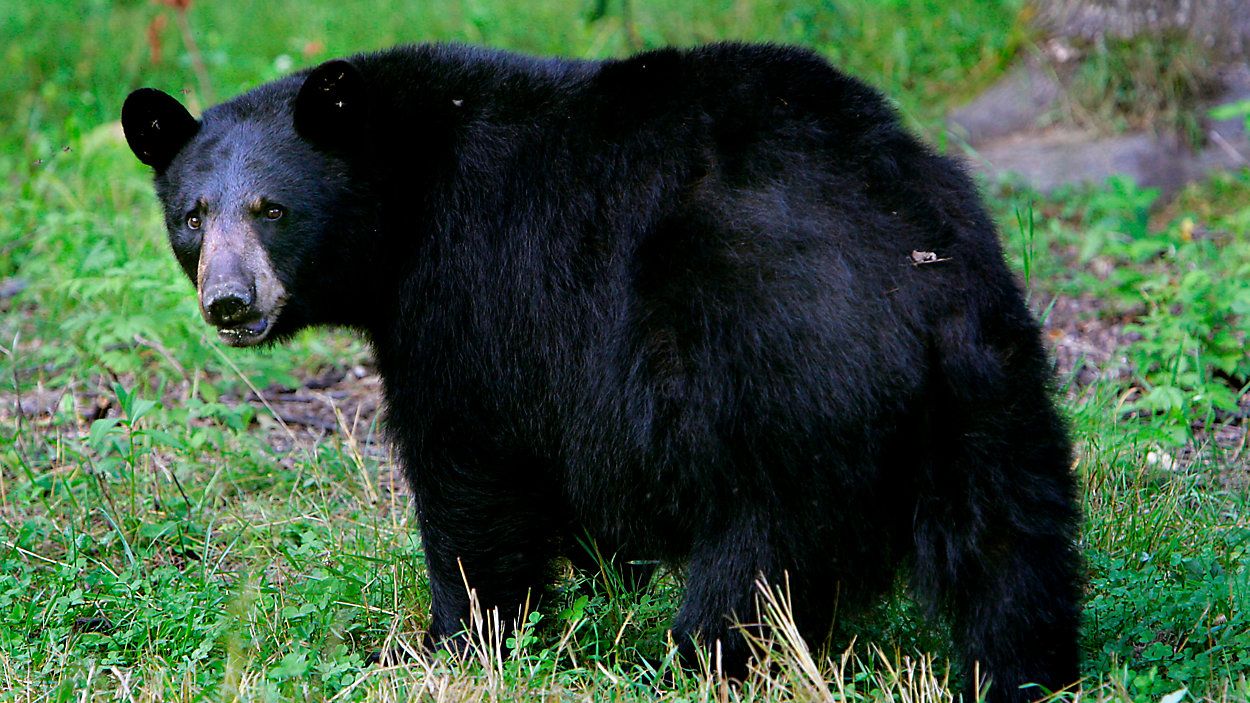ORLANDO, Fla. — It’s been 50 years since the Fall of Saigon, which marked the end of the Vietnam war.
After decades of fighting, North Vietnam’s army captured the South Vietnamese capital on April 30, 1975, unifying Vietnam and creating chaos as both Americans and South Vietnamese scrambled to evacuate.
In Central Florida, those who experienced the war firsthand are reflecting on how those events shaped their lives.
On the Vietnam War walls at Central Florida Veterans Memorial Park in Lake Nona 334 names are listed for Central Floridians who served and died during the conflict.
They are 334 people who retired Army Col. DeLloyd Voorhees Jr. and Hoang Doan feel a special connection to. Voorhees and Doan, who goes by HD, both remember the war vividly. Voorhees went over at 22 years old as a first lieutenant in the army — Doan, on the other hand, was born into the war.
“Dad was a former South Vietnamese army officer,” Doan said.
His family’s home in the central highlands was taken over by communist forces during his childhood.
“We were in the middle of gunfire, you know, when during the Tet Offensive, we see a lot of death,” said Doan.
Voorhees spent about 18 months in the country, embedded as an advisor in a Vietnamese battalion.
“Every day going on operations, living with them — living on, I say laughingly, nine bowls of rice a day,” said Voorhees.
He was pulled out of the Vietnam after the ceasefire was declared, but said he will never forget watching Saigon’s fall from the U.S. Images poured out of the country of people flocking to the U.S. embassy in an effort to evacuate.
“What was so was heartbreaking was the way it fell so fast,” said Voorhees. “That was heartbreaking. What was encouraging was the fact that people were getting out, were leaving.”
Doan watched it unfold around him — some of his relatives were stuck in Saigon, preventing his family from fleeing.
“The communists came to town — people were scared,” he said. “The soldiers took off all the uniform, you know, weapons, they just abandoned all that into civilian clothes. People are afraid, because the majority of the south, one form or another, they kind of relate to Americans. So we don’t know, you know, what will happen to us, right? “
His family was sent to re-education camps, which caused them to be separated for years. But when they saw their chance, Doan said they took it, escaping to the Philippines by boat in the middle of monsoon season.
“We think that we would die that night,” he said. “Because, you know, we don’t think we can survive that kind of sea level with a small boat.”
The did survive the journey, and his family eventually settled in Orlando — where he became an engineer, got married, worked for the Navy and connected with Voorhees. Now the two of them, linked by war, look back on what they call one of the darkest days in history and see it as a day to remember.
“Those that are on the wall here, they fought for, they defend us South Vietnamese people,” said Doan. “They die defending our freedom.”

